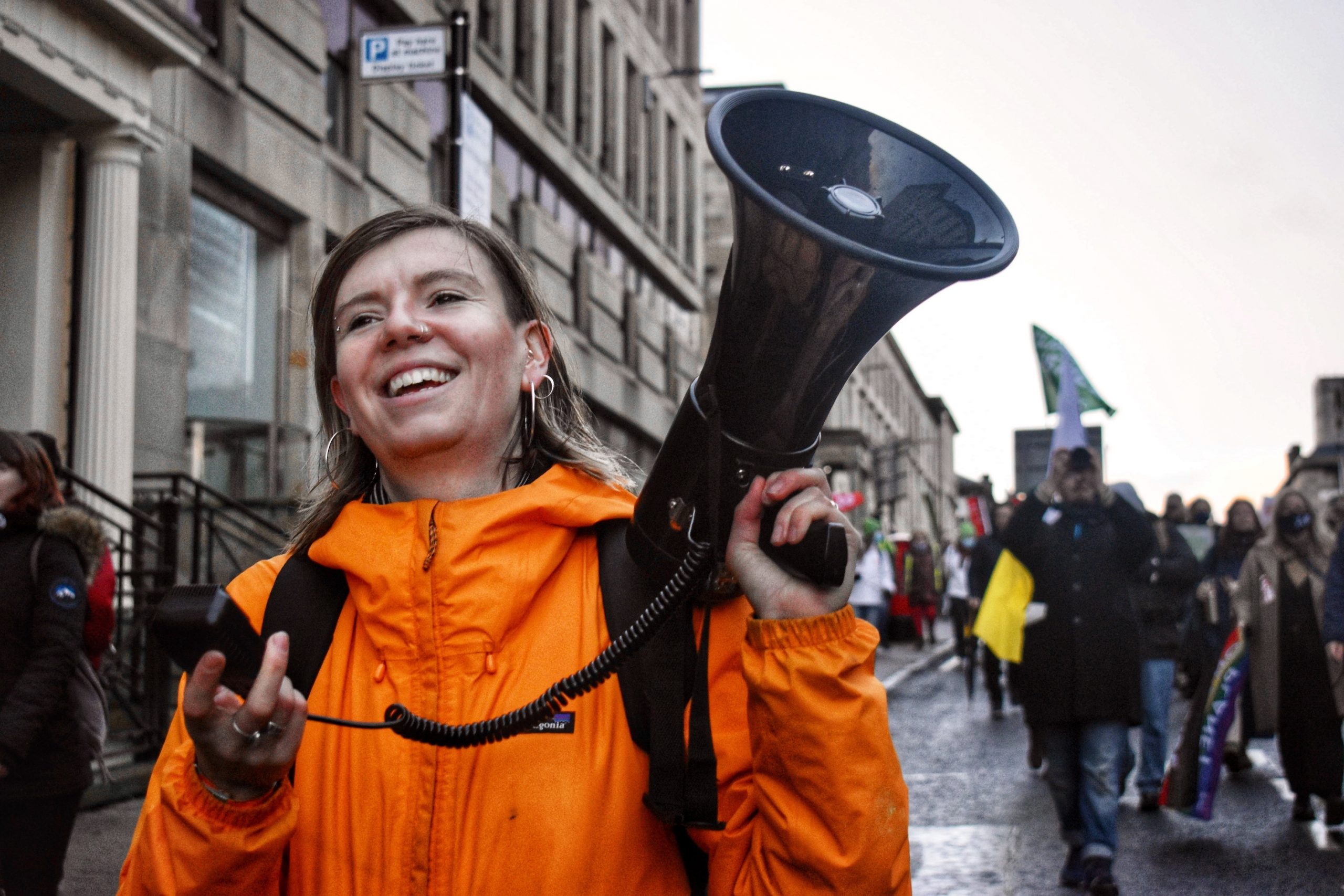
Con-Dem nation?
Well it’s been quite a few days hasn’t it? As the dust settles on a new Conservative/Liberal Democrat Government, or a ‘ConDem’ nation as some have disparagingly coined it, what does this mean for the climate, UK politics, and the environmental movement?
With Nick Clegg as Deputy PM, five members in the Cabinet and junior Ministers across all departments, it’s clear the Lib Dems have thrown in their lot with the Conservatives, in a more white male, public school Cabinet than we’ve seen in many a year. Many will have already seen David Cameron and Nick Clegg’s love-in yesterday, but the sight of Clegg standing in for Cameron at PMQs may be even more surreal. Joined this close at the hip, I for one don’t expect the coalition to be unstable, in the short term at least.
But what of their policy programme? The document agreed as the basis for Government starts with acceptance of the Conservative line for an emergency budget to cut the deficit by £6 billion this year. This is likely to be bad news for a Green New Deal and do little to help social justice. With this as the first major issue of the administration, and potentially its defining feature, some in the blogosphere are already calling for environmental NGO’s to join a fightback.
As an environmental justice campaigning organisation, Friends of the Earth Scotland will always make the connections between social and environmental issues – and we can and will oppose cuts when they affect environmental justice. But we need to call policies as we see them, and not set ourselves in any particular camp. And on policy the Conservative/Liberal agreement is a mixed bag.
They are scrapping plans for a third runway at Heathrow and oppose extending to Gatwick or Stanstead. They propose an emissions performance standard to prevent new unabated coal. They are shifting air tax to per plane rather than per passenger. They are committed to a floor price for carbon, addressing one of the big problems of the emissions trading scheme, and to the feed-in-tariff, the creation of a green investment bank, rolling out smart meters, and mandating a national recharging network for electric cars. They are examining banking reform – although they do not explicitly mention the important role that nationalised banks like RBS could have in building a green economy. They propose a bank levy, although the detail is unclear. They say they will seek to increase the target for energy from renewable sources although this is subject to the advice of the Climate Change Committee. And they propose a referendum on the alternative vote but not on proportional representation.
At the same time they are maintaining Trident and their agreement on nuclear power (the Lib Dems will abstain) leaves the road clear for the Tories to push new nuclear power through Parliament (even in the unlikely event that Labour chose to oppose). Meanwhile one can’t help but wonder given the abysmal response from Conservative prospective parliamentary candidates to Friends of the Earth’s England Wales and Northern Ireland’s climate pledge, how much of a priority delivering climate targets will be.
We’re at a new stage in UK politics and the outcome of this administration throws up more answers than questions.
What will it mean for action on climate change? How will it impact upon the 2011 Scottish elections – will conventional political wisdom that the Lib Dems will get a kicking hold true? How will the environmental justice movement respond to the new administration? I’m afraid I don’t have the answers to these questions, but know that whatever happens, Friends of the Earth Scotland will continue pushing for environmental justice and hold our politicians to account in that pursuit.
